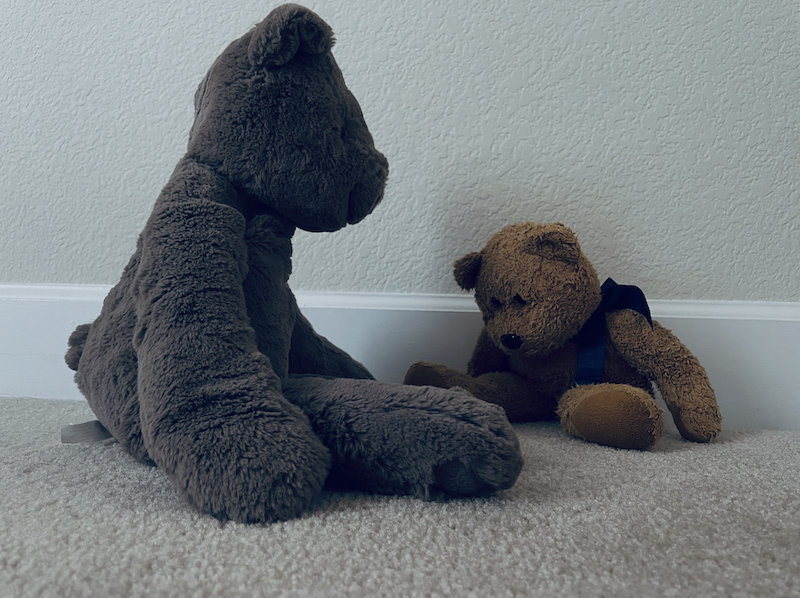One of the hardest things about interpersonal relationships is being with someone at a low point. It’s easy enough to hang out with people when they’re not at a low point: half the time, I don’t even really have to do anything in such cases, and interactions will simply carry themselves. When people are happy and confident, their outlook is generally more easy-going, meaning that very little work needs to go into maintaining a friendship (or friendly acquaintanceship). But when someone is upset, I don’t think I ever know what to do.
I think a lot of people will simply walk away when they see a coworker or classmate in pain, acting quieter or more withdrawn than usual. It’s that mentality of “It’s not my problem” or “I’m not the person to deal with this.” It’s the bystander effect prevalent in the news stories about some person or other getting mugged on a busy street and no one stopping to help. It’s a pretty well-known mentality—we’ve all seen those news stories, after all, so we all must know, at least subconsciously, of its existence. Perhaps many people tell themselves that they would adhere not to such a mentality in such cases, that they would not stand by when someone is attacked in front of them. Maybe it’s true. Maybe it’s also true that it’s easier to close their eyes and pretend they don’t notice.
Maybe sometimes, I do the same, too. Maybe sometimes, when I’m tired after a long day or know I have too much homework, I walk past someone in need and just close my eyes and ears and mind. Maybe sometimes, I’ll tell myself that I’m not close enough to them to help, that I’d only make it worse.
Usually, I do try.
But even when I do, the thoughts of “I’m not right for this” and “I’ll only make things worse” are still prevalent.
Sometimes, I try to make people laugh. Laughter is, after all, the best medicine, and if you’re laughing at how much of an idiot I am, surely you can’t be sad?
But then worry develops: is this less than helpful, to distract someone with jokes and inconsequential things as if their troubles are similarly inconsequential? Will they not be sadder later on, when they’re all alone and the distraction has worn off? Not to mention, I make people laugh by telling ridiculous stories about myself, which then runs into the issue of what if that makes them think I’m trying to be self-centered and unsympathetic? Surely that must be even further from being helpful!
If instead, I try to pat them on the back and say nice things (and, more importantly, true things, because I don’t think it’s any use to comfort someone with lies that they eventually find out aren’t true: far better to comfort them with lovely truths), I run into the worry that I seem condescending. And besides that, how can words from outside truly penetrate through opposing ones from inside?
So I just sit in awkward silence and wonder if doing so is adding pressure or discomfort.
When I was younger, I helped write an instruction manual for a website my dad was making. It was a rather horrible instruction manual. It was far too long-winded because I was trying to make it funny, but instead, it just made it impossible to find anything. I thought my brother and father hated the thing, so I spent that night miserable and in tears. I hate to imagine how I would’ve felt if they’d actually known I was upset and hadn’t done a thing. I probably would’ve cried the night away and been upset for weeks.
Because the thing about misery and tears is that they only build off one another. Once someone’s mind gets started on telling them they’re stupid, or useless, or wrote a really bad manual, it’ll just pull out more and more examples of such until they’re overwhelmed by negativity. And when other people walk past ignoring them, that’s just providing that person’s mind with more convincing examples of that worthlessness they’re already half-convinced of.
So in the end, nothing about any of this is easy. It’s hard to tell what the right thing to do is, and it’s hard to figure out what would be helpful. But at least trying something is always going to be better than doing nothing.
Please don’t be a bystander.
